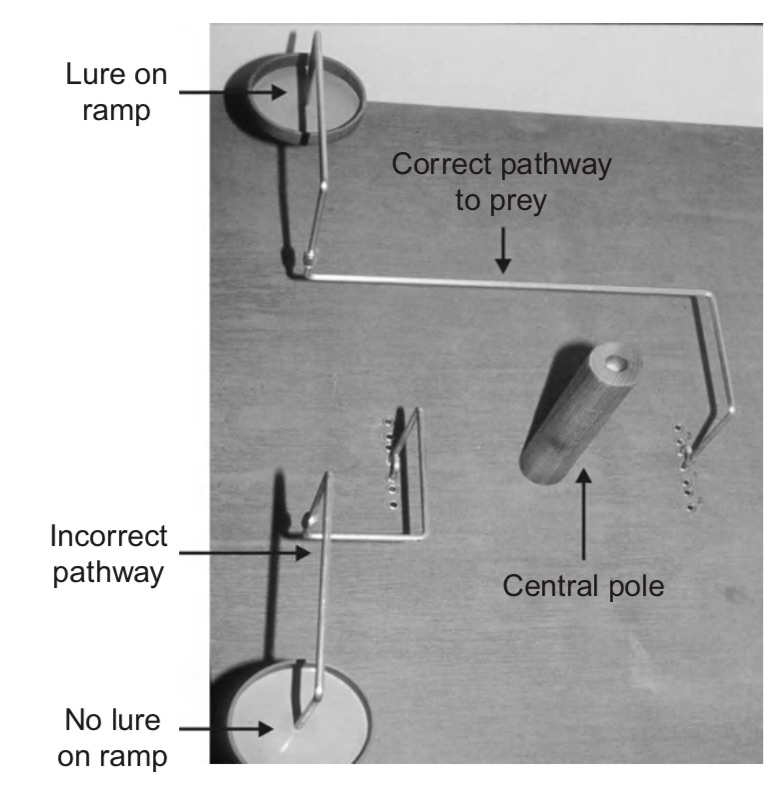Click here and press the right key for the next slide (or swipe left)
(This may not work on mobile or ipad. You can try using chrome or firefox, but even that may fail. Sorry.)
(If the slides don’t work, you can still use any direct links to recordings.)
also ...
Press the left key to go backwards (or swipe right)
Press n to toggle whether notes are shown (or add '?notes' to the url before the #)
Press m or double tap to slide thumbnails (menu)
Press ? at any time to show the keyboard shortcuts
questions about the take-home exam
Luke
what is the rough structure to follow for an essay
am I allowed to insert my own views, arguments, and opinions?
Can we ask you questions before , or during , the exam?
questions about philosophy
Philosophy is done by asking questions.
Hemli
In order to resolve any objections around p3 in Frankfurt’s Argument from Spiders (Spiders do not have intentions), why not redo the whole argument but replace the word ‘spiders’ with the word ‘plants’ [...]
1. There is a contrast between actions and mere happenings in the lives of spiders plants.
2. The contrast in the lives of humans is the same.
3. spiders plants do not have intentions, nor do they deliberate about what to do.
Therefore (from 1 & 3):
4. The contrast in the case of spiders plants cannot be explicated by appeal to intention.
Therefore (from 2 & 4):
5. The contrast in the case of humans cannot be explicated by appeal to intention.
Hemli (ctd)
Plants definitely do not have intentions as they do not even have brains, but they can perform both active and passive actions; active when they grow and passive when they are picked.
(I suppose the issue here would be whether ‘growing’ counts as an ‘action’ – does the term ‘action’ only apply to ‘thinking’ beings like animals? (I would argue plants growing does count as an active action as it is the plants own biology making it grow and move))
1. There is a contrast between actions and mere happenings in the lives of spiders plants.
2. The contrast in the lives of humans is the same.
3. spiders plants do not have intentions, nor do they deliberate about what to do.
Therefore (from 1 & 3):
4. The contrast in the case of spiders plants cannot be explicated by appeal to intention.
Therefore (from 2 & 4):
5. The contrast in the case of humans cannot be explicated by appeal to intention.

Hemli (ctd)
Plants definitely do not have intentions as they do not even have brains, but they can perform both active and passive actions; active when they grow and passive when they are picked.
(I suppose the issue here would be whether ‘growing’ counts as an ‘action’ – does the term ‘action’ only apply to ‘thinking’ beings like animals? (I would argue plants growing does count as an active action as it is the plants own biology making it grow and move))
Peter C (2)
Do you define intention at any point?
What is the distinction between intention and justificatory reasons?
intention : an attitude; a state of a subject
not abstract
justificatory reason : a reason; a consideration which is, or may appear, relevant to evaluating an action; (a proposition?)
abstract
Sam W
Intention and justification seem like different terms to me
Luke D
Regarding lecture 10 and the video regarding causes of action. Given Ahmed's choice and impending action of either pulling the lever or pushing the button ...
Let it be the case that he is not informed of the resultant outcomes of his action (he is not told of the rat or the money). In this instance - he may complete an action, different to the one he would have made, given his awareness of the different outcomes available.
Thus - could it be claimed that awareness of the different possible outcomes, is also needed as a cause for action?
Will Ahmed pull the lever?
| Ahmed desires forest rat most. | Ahmed desires ten dollars most. | |
| Ahmed believes truly. | ✔ | ✘ |
| Ahmed believes reverse-ly. | ✘ | ✔ |
| Ahmed believes nothing. | ? | ? |
Luke D
Regarding lecture 10 and the video regarding causes of action. Given Ahmed's choice and impending action of either pulling the lever or pushing the button ...
Let it be the case that he is not informed of the resultant outcomes of his action (he is not told of the rat or the money). In this instance - he may complete an action, different to the one he would have made, given his awareness of the different outcomes available.
Thus - could it be claimed that awareness of the different possible outcomes, is also needed as a cause for action?
Peter C (1) [edited]
On whether Spiders have intentions, Dawkins and Gould, have attributed intentionality to genetics. Dawkins specifically has the concept of the Selfish Gene
even if we do not think that the spider as an organism has intentions, it would seem that the spider's genes do have intentions.
even if we do not find higher order forms of intention in spider's activities, that they do still have some form of intention.
Sam W (essay)
any seemingly intentional action (such as approaching behind a poisonous spider) is in fact a habitual impulse (an instinct informing the spider not to approach the poisonous arachnid from the front, where the latter can clearly see and be more alerted of the former's presence).

Jackson & Cross, 2011 figure 2
Peter C (1) [edited]
On whether Spiders have intentions, Dawkins and Gould, have attributed intentionality to genetics. Dawkins specifically has the concept of the Selfish Gene
even if we do not think that the spider as an organism has intentions, it would seem that the spider's genes do have intentions.
even if we do not find higher order forms of intention in spider's activities, that they do still have some form of intention.
Sam W (essay)
any seemingly intentional action (such as approaching behind a poisonous spider) is in fact a habitual impulse (an instinct informing the spider not to approach the poisonous arachnid from the front, where the latter can clearly see and be more alerted of the former's presence).
intention
vs
biological function
Peter C (1) [edited]
On whether Spiders have intentions, Dawkins and Gould, have attributed intentionality to genetics. Dawkins specifically has the concept of the Selfish Gene
even if we do not think that the spider as an organism has intentions, it would seem that the spider's genes do have intentions.
even if we do not find higher order forms of intention in spider's activities, that they do still have some form of intention.
Sam W (essay)
any seemingly intentional action (such as approaching behind a poisonous spider) is in fact a habitual impulse (an instinct informing the spider not to approach the poisonous arachnid from the front, where the latter can clearly see and be more alerted of the former's presence).
Sam W (edited)
1. All animals can act
2. You can only act if you can have intentions [Davidson]
3. You can only have intentions if you can have justificatory reasons for your actions
4. You can only have justificatory reasons if you are conscious [Dretske-ish]
Therefore:
5. All animals are conscious